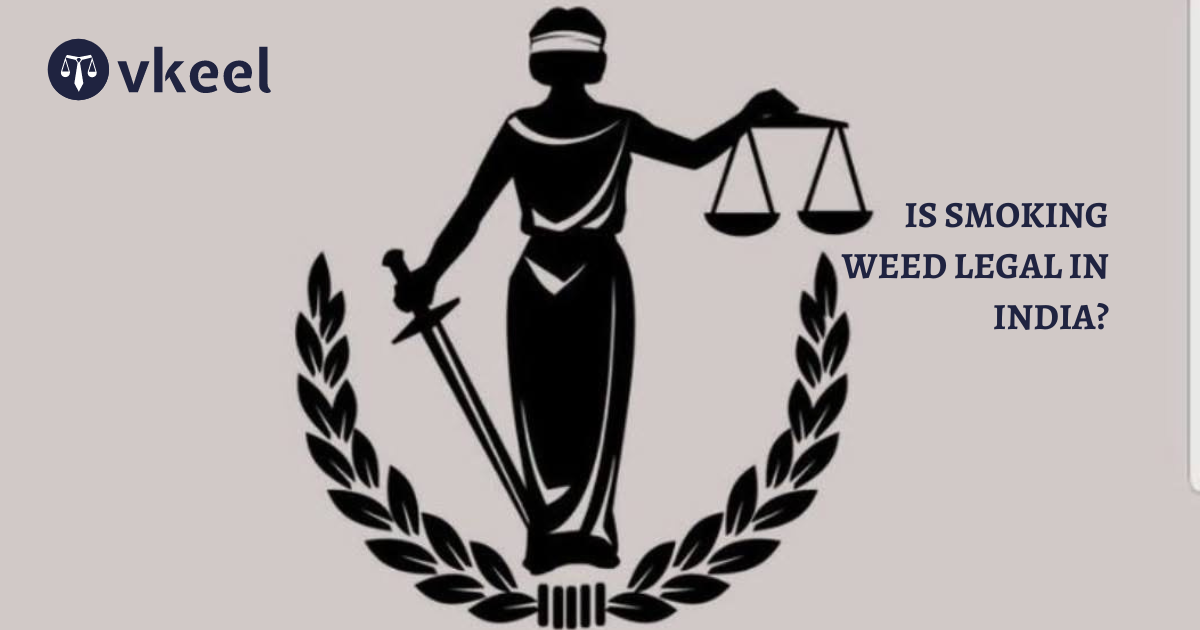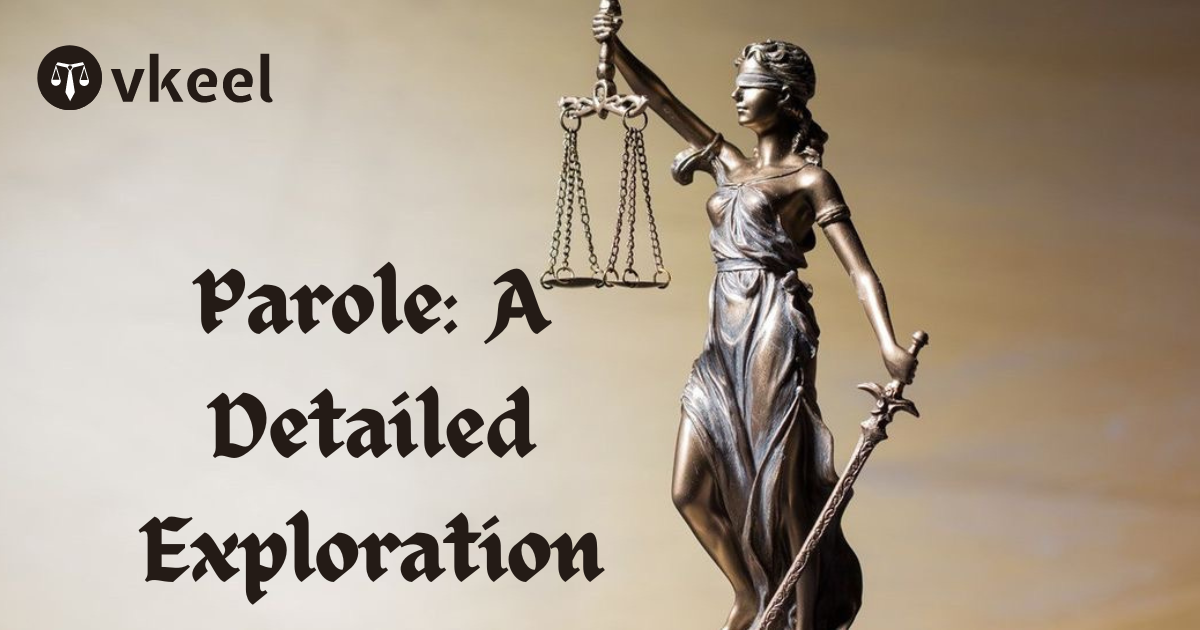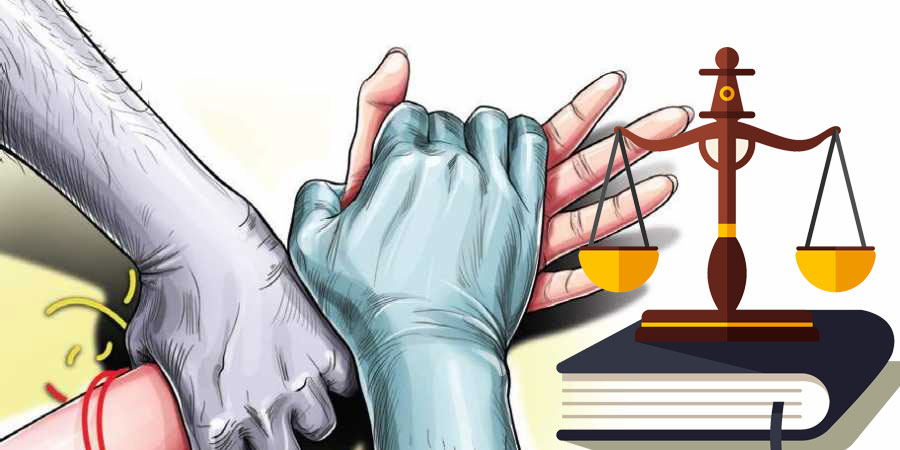Is smoking weed legal in India?
By Joy Puri
Introduction
Weed which is generally entailed by various names such as marijuana, cannabis, pot, or ganja, possesses a distinctive place in the cultural, economic, and medicinal arenas across the globe. Its history has been evident as diverse and complex as the societies that have cultivated it from the past times. From ancient rituals to modern controversies, weed has travelled through time, leaving an indelible mark on humanity.
Its history dates back thousands of years, with evidentiary value of its usage found in ancient civilizations such as China, India, and Egypt. In the aforementioned societies, cannabis was often revered for its medicinal properties and used in religious ceremonies and spiritual practices of various tribes. Taking an example, in ancient India, cannabis was mentioned in sacred texts like the Vedas, where it was believed to be a gift from the gods, symbolizing joy and liberation in the society.
As human civilizations expanded and interacted within each other, so did the spread of weed across the globe. Its cultivation and trade routes expounded across continents, reaching regions as diverse as Africa, the Middle East, and Europe. During the Age of Exploration, European explorers encountered cannabis in various parts of the world, leading to its introduction to the Americas. In the new era, cannabis became a cash crop, cultivated for its fibres, oils, and medicinal properties.
What is weed?
Weed, is a psychoactive drug which holds its parentage from the Cannabis plant. It contains many compounds, including delta-9-tetrahydrocannabinol (THC) and cannabidiol (CBD), which come in contact with the brain’s cannabinoid receptors, producing altered sensations, mood swings, and relaxation when consumed by the individual.
Weed is commonly used recreationally for its euphoric effects and has also been utilized medicinally for pain relief, anxiety reduction, and other therapeutic purposes across the globe. Moreover, it remains a subject of legal and social controversy due to its potential health risks and legal status in many jurisdictions.
Weed is generally consumed in various forms by the buyers, including smoking, vaporizing, and ingesting it in edibles or extracts and many more ways in order to attain their inner peace which is resultantly harmful. Its recreational use is widespread, often associated with social gatherings or personal relaxation within the society by the individuals. However, it has sparked various controversial substances due to its legal status in many regions and potential adverse effects on health, particularly when used excessively or by vulnerable populations such as adolescents.
Summing that all up; cannabis, or weed, occupies a difficult and multifaceted role in society, encompassing cultural, medical, legal, and economic dimensions in various countries. As attitudes and policies continue to evolve by the time due to their dynamic nature, ongoing research into the effects of cannabis use and the development of evidence-based regulations will prove to be crucial in navigating the opportunities and challenges associated with its consumption.
Timothy Leary was a famous psychologist and advocated for psychedelic drugs in his perspective he saw marijuana as a tool for expanding consciousness and exploring the mind. He believed in its potential to promote personal growth and self-awareness amongst the individuals.
There took place the Rastafarian movement in which he the related people stood up and entailed that marijuana, or “ganja,” holds spiritual significance. Rastafarians use it in religious rituals and ceremonies, believing it facilitates a deeper connection with the divine.
Legal position in India
In India, smoking weed is illegal. Section 20 of the Narcotic Drugs and Psychotropic Substances Act even possessing a minute quantity of the antecedent material can lead a person in jail for rigorous punishment of 6 months or fine of Rs 10,000 or both. However there are different states which take their different perspective about the aforementioned scenarios.
The previously mentioned statute holds cannabis as a Schedule I drug, which denotes substances that are deemed to have a high potential of abuse and no recognized medicinal value. However there are some states in India which have adopted a more relaxed stance towards cannabis for cultural or religious purposes.
For instance, in some regions like the state of Uttarakhand, the cultivation of hemp is legal for industrial purposes, provided the THC content (the psychoactive component of cannabis) remains below a certain threshold. Additionally, there are religious and cultural festivals, such as Maha Shivaratri, where the use of cannabis is traditionally accepted among some communities.
In furtherance to the current scenario, there have been discussions and debates regarding the potential legalization or decriminalization of cannabis in India. Advocates argue for its medicinal benefits and economic potential, while opponents raise concerns about addiction, public health, and societal impact.
Landmark judgements
There have been various instances where people have been caught with the possession of weed. The courts however have ruled pragmatically in the blow mentioned cases in order to uphold the national integrity of the country and to serve justice in all means.
Jagjit Singh v. State of Punjab (2011):
The Punjab and Haryana High Court ruled, “The use of the substance for medicinal purposes is not covered under the NDPS Act and is permissible.” In the pertaining case the Punjab and Haryana High Court ruled that cannabis consumption for medicinal purposes shall not be considered illegal, stating that the use of the substance for medicinal purposes has been allowed under the NDPS Act.
Gopal Sankaranarayanan v. Union of India (2017)
‘A plea seeking to legalize the possession and consumption of cannabis has been filed, and notices have been issued to the concerned authorities.’ In the prevailing case, the Delhi High Court deciphered and issued a notice to the Centre and the Delhi government on a plea seeking to legalize the possession and consumption of cannabis. It sparked discussions on the legalization and regulation of cannabis in India.
Conclusion
The legalization of cannabis gives a rise to a broader societal concern in the new era. Regulatory challenges arise in determining appropriate age limits, dosage regulations, and driving under the influence laws. There also exist implications for public health, as the availability and commercialization of cannabis products may normalize use and contribute to substance abuse issues.
Taking the view further, disparities exist in the enforcement of cannabis laws within the countries, with marginalized communities disproportionately affected by punitive measures. While legalization efforts aim to rectify these injustices, the implementation of equitable policies remains a work in progress for many nations across the globe.
Disclaimer:
The information provided in the article is for general informational purposes only, and is not intended to constitute legal advice or to be relied upon as a substitute for legal advice. Furthermore, any information contained in the article is not guaranteed to be current, complete or accurate. If you require legal advice or representation, you should contact an attorney or law firm directly. We are not responsible for any damages resulting from any reliance on the content of this website.








